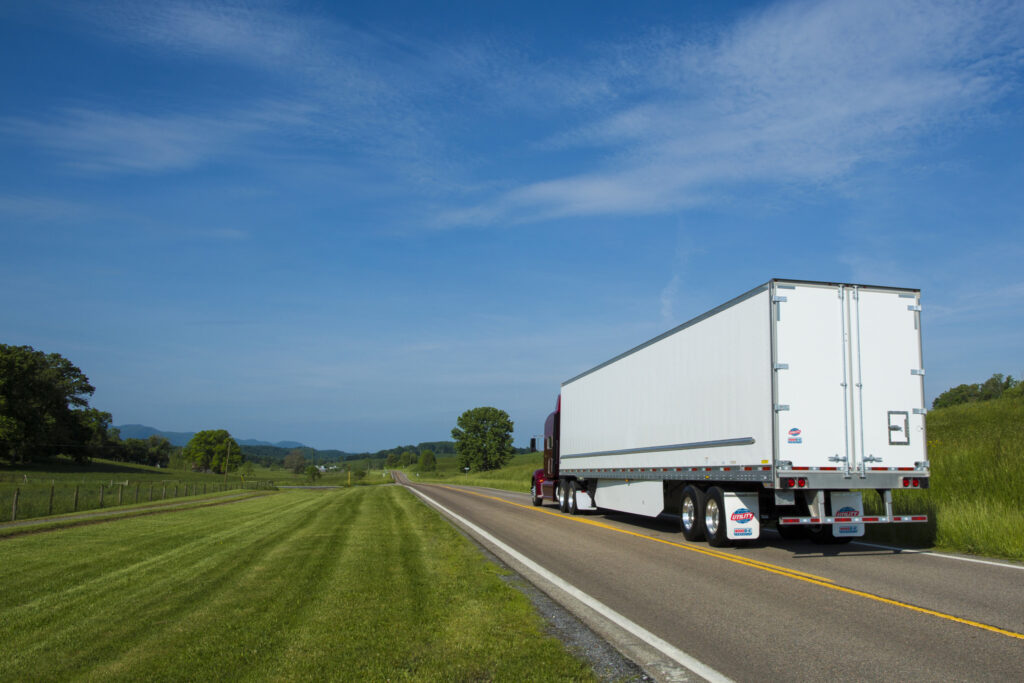Labor shortages slowing production of new trailers: FTR
U.S. trailer orders dropped to 26,500 units in December, down 18% month over month and 42% year over year, with FTR counting 249,000 trailer orders during 2021 as a whole.
While the preliminary order volumes were close to the averages seen in the previous three months, manufacturers continue to carefully manage backlogs because of ongoing supply chain disruptions, the analysts say.

Labor shortages are currently the biggest constraint on domestic OEMs as the flow of commodities and imported parts increase, vice-president – commercial vehicles Don Ake said in a press release.
“At least one OEM is offering $1,000 sign-on bonuses for all factory workers. It is anticipated that trailer build will increase steadily once the labor constraints loosen up.”
It all means trailer OEMs are booking orders in batches, as they estimate how many trailers can be completed in a specific timeframe given available parts and components.
“The trailer market has settled into a pattern similar to Class 8 trucks. Orders have now averaged 26,000 units for the past four months, only a few thousand more than monthly production,” Ake said.
“That means backlogs have only gone up 6% despite there being tremendous demand for new trailers. You won’t see the order numbers consistently rise until there are ample parts to support significantly higher production.”
Have your say
This is a moderated forum. Comments will no longer be published unless they are accompanied by a first and last name and a verifiable email address. (Today's Trucking will not publish or share the email address.) Profane language and content deemed to be libelous, racist, or threatening in nature will not be published under any circumstances.
Reefer boxes and some dry boxes are in short supply . 18 months ago low freight rats sent many small businesses out in ont along with high insurance prices. The gov needs to sit down with manufacturers and those in transport, We need a solution to this problem with industry and gov working together.